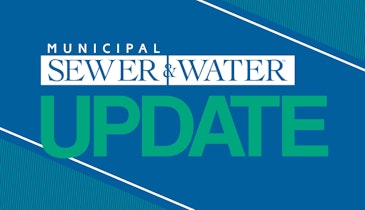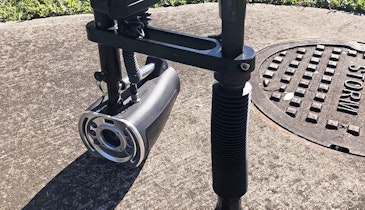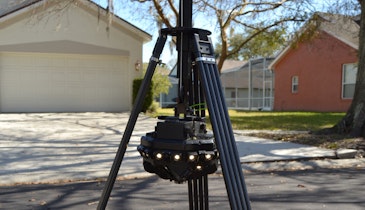Interested in Education/Training?
Get Education/Training articles, news and videos right in your inbox! Sign up now.
Education/Training + Get AlertsPresident Trump’s proposed 2018 EPA budget of $5.7 billion — down considerably from the original $8.3 billion — could result in significant impact to the wastewater industry.
The proposed budget includes cutting nearly 25 percent from the Office of Enforcement and Compliance Assurance, which is responsible for enforcement of the Clean Water Act. While it’s highly unlikely the proposed cuts will become law, the political undercurrent sends a strong message that clean water enforcement actions such as consent orders and decrees may decline, negatively impacting the proactive assessment and maintenance of sewer systems.
As our industry faces new and ongoing challenges, including the accelerated aging of our infrastructure, inflation, and increases in both population numbers and density, now is the time to proactively look at alternative solutions to fund the maintenance of sewer systems, especially those solutions that are nonreliant on the federal government or other non-
government environmental agency enforcement actions. One source of funding that is worth exploring to bridge the potential gap in the proposed EPA budget is user fees.
While encouraging end user buy-in and ownership via increased user fees is perhaps the most organic solution to a systemwide challenge, the hurdle in increasing fees to help maintain our systems is the general population’s lack of education on the importance of properly maintaining wastewater systems. With the exception of homeowners who use septic systems, the majority of property owners more than likely have no idea where sewage goes when they flush the toilet, and they probably don’t care. Therefore, providing justification and value to an increase in user fees can be a real challenge. Why in the world would they spend money on something they can’t see? This is where we must come together to build awareness and, more importantly, identify and share the value of being part of the solution.
When the public thinks of infrastructure, roads and bridges easily come to mind. Awareness of the need to improve water and wastewater systems, however, is not even on the radar unless a tragedy such as the Flint water crisis in Michigan occurs. Even in those extreme cases, assessment and maintenance are put on the back burner to address emergency rehabilitation efforts. Since most SSOs are tied to issues resulting from lack of proper inspection, maintenance, and repair rather than capacity, awareness of the value of proactively maintaining sewer pipes among all stakeholders is critical.
For more than 40 years, NASSCO has assured the continued acceptance and growth of trenchless technologies. As we enter the next chapter of NASSCO’s influence on the education of our industry, we realize that the acceptance and growth, which has up until now been focused on system owners, must also include the elected officials charged with making sure systems are adequately funded. At the same time, we must educate individual home and business owners who are responsible for the maintenance of laterals, a major contributing component of overall wastewater system health. They also need to understand the tools available to help lower-income customers pay for these services. Customer Assistance Programs are becoming more popular throughout the country.
Strong community outreach programs that emphasize that we are all part of the solution will build a case for increased user fees and encourage everyone to fully comprehend the responsibility we all share when it comes to water access and consumption.
Building this level of awareness among the general population about the value of properly maintained sewer systems will take time, but if we don’t start looking at the possibility of increasing user fees now, then when? Our infrastructure and industry are only as strong as our weakest links, and the more we begin asking for a fair, forward-thinking price directly from our customers, the more we will strengthen our opportunities in the future to secure funding to keep our systems healthy and avoid disaster, regardless of the source.





